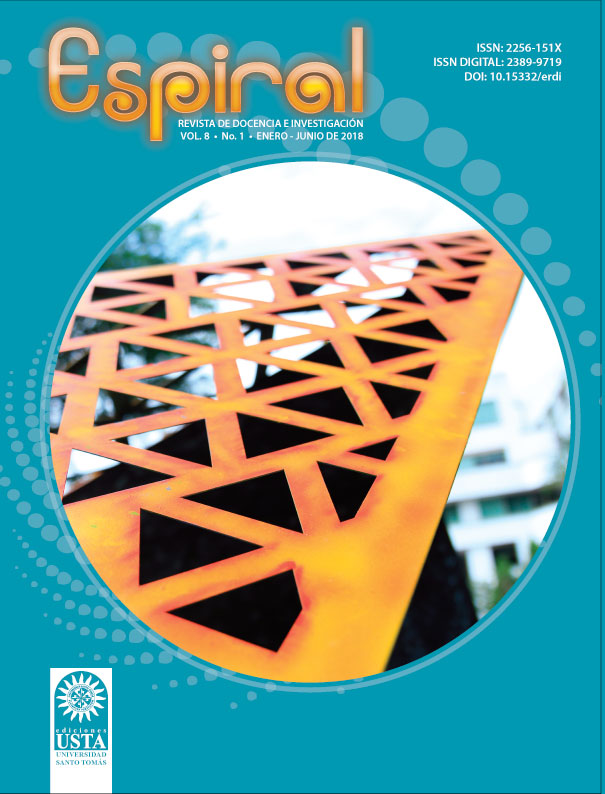Leadership in primary school teachers of a public institution in the city of Bucaramanga, Santander, Colombia
Abstract
Objective. Educational leadership has been consolidated as a fundamental element at the time to strengthen the quality of education. However, the approach that has been given in educational institutions, is located in the administrative field without involving the community. We intend to determine in this article, the presence of leadership distributed in the teaching work of a primary basic institution in the city of Bucaramanga.
Methodology. For this, instruments such as questionnaires and interviews were applied, which were the information input, as well as the observation process carried out by a checklist applied by the researcher, which allowed to know the perceptions that the teachers and the coordinator had about the concept of leader, leadership and the elements of leadership that were presented in the institution.
Results. In this direction, five categories and twenty-eight basic subcategories were established to carry out the process of analysis and triangulation of information. The institution does not present a distributed leadership because the teachers do not perceive clearly what type of leadership is exercised in the organization and the guidelines that guide this work are attributed to the coordination which presents a leadership based on the subordination of the member of the teachers.
Downloads
References
Celis, S. C., & Sánchez, N. J. (2014). El liderazgo distribuido en docentes de una institución educativa escolar particular.
Goleman, D. (2005). Liderazgo que obtiene resultados. Harvard Business Review, 11, 109-122.
Greenwood, W. T. (1978). Teoría de decisiones y sistemas de información: introducción a la toma de decisiones administrativas. Trillas.
Gronn, P. (2002). Distributed leadership as a unit of analysis. Leadership Quarterly, 13(4), 423-51.
Heck, R. H., & Hallinger, P. (2005). The Study of Educational Leadership and Management Where Does the Field Stand Today? Educational Management Administration & Leadership, 33(2), 229-244.
Hernández, R, Fernández, C, Baptista, P. (2014). Metodología de la investigación.
Leithwood, K. (1996). Study: Site Management has no Effect on Scores. Education Week, vol. 16.
Leithwood, K., Mascall, B., & Strauss, T. (2009). New perspectives on an old idea. In Distributed leadership according to the evidence, 1-14.
López, J., Sánchez, M. R., & Altopiedi, M. (2011). Comunidades profesionales de práctica que logran sostener procesos de mejora institucional en las escuelas. Revista de Educación, 356, 109-131.
Spillane, J. P, Halverson, R., y Diamond, J. (2004). Theory of leadership practice: a distributed perspective. Journal of Curriculum Studies, 36(1) 3-34.
Spillane, J. (2006). A Distributed Perspective on Leadership: Essential Elements. Distributed Leadership, 1, 11-12.

This work is licensed under a Creative Commons Attribution-NonCommercial-NoDerivatives 4.0 International License.
Publishing and copyright
The authors of the articles accepted to be published, transfer proprietary rights to Espiral, Journal of Teaching and Research for the partial reproduction of the published work in electronic media (websites, indexes, directories), as long as their purposes are academic but not commercial.








